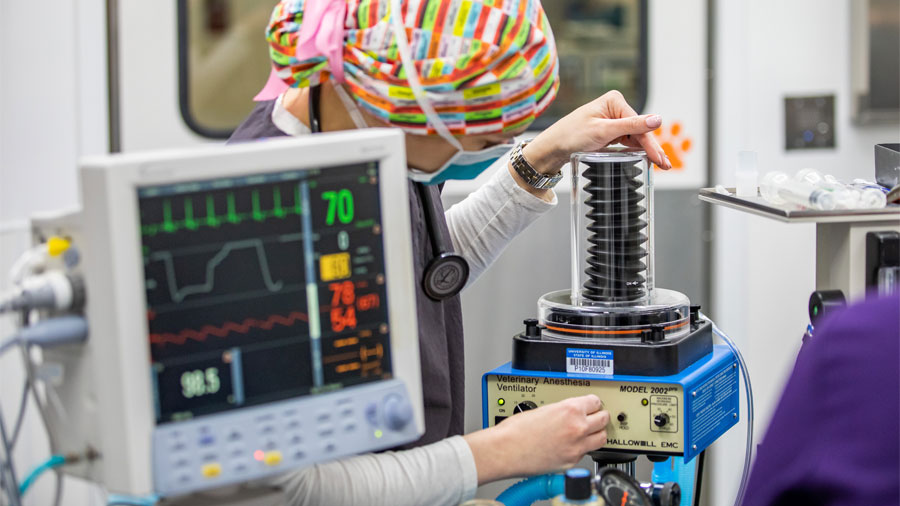What Pet Owners Need to Know
The FDA recently alerted the pet-owning and veterinary public about the potential for neurologic adverse events in dogs and cats treated with drugs that are in the isoxazoline class. Most dogs and cats receiving these medications have not had neurologic adverse reactions.
What medications are involved in this alert?
- Only medications in the isoxazoline class of flea and tick medications are under investigation at this time. This includes Bravecto, Nexgard, Credelio, and Simparica (brand names for fluralaner, afoxolaner, lotilaner, and sarolaner).
What should I do if my pet is currently receiving one of these products?
- Kari Foss, a veterinary neurologist at the University of Illinois, recommends that, “If your pet has not shown any side effects, such as muscle tremors, incoordination, or seizures, no action is recommended, and you can continue to use these products.”
- If you notice any of these side effects, stop using the product, and speak with your local veterinarian.
- If you have a pet with a history of seizures, talk to your veterinarian about which flea and tick preventative product is the best for your pet.
As a pet owner I am concerned about all of this. Why should my pet be on a flea and tick preventative medication?
- Remember that although side effects have been reported with using these preventative products they are very rare.
- Fleas and ticks carry diseases that can be life limiting and/or life threatening for your pets and for people.
- Fleas can transmit tapeworms and is a very common cause of skin disease.
- Ticks can transmit infections such as Lyme disease, Rocky Mountain spotted fever, ehrlichiosis, and other infections.
How common is it for a dog or cat to have an adverse reaction to these flea medications?
- These flea medications are FDA-approved and, in general, they are very safe for pets. Only a very small percentage of dogs and cats are having adverse reactions to these medications.
What is causing the adverse reactions?
- William Witola is a parasitology expert at the College of Veterinary Medicine and he explains that, “Isoxazoline class medications bind to chloride channels in nerve and muscle cells, which blocks the transmission of neuronal signals, causing parasites to become paralyzed and die.”
- This mechanism of action occurs not only in insects, but also in mammals and other vertebrates to a lesser extent. Although, isoxazolines are significantly more potent in insects, Dr. Witola explains that, “they can still cause toxicity in mammals, depending on the animal’s physiological state, health, and history.”
Are the adverse reaction and neurologic side effects common in pets using these products?
- No. According to the FDA and studies performed on these products, any side effects using the isoxazoline class of medications are very rare.
- The FDA and veterinary health community considered these medications safe and effective for most pets.
What should I do if my pet has an adverse reaction?
- First, consult your veterinarian.
- To report a suspected adverse drug event, you can contact the manufacturers at the below numbers:
-
- Merck Animal Health (Bravecto): 800-224-5318
- Elanco Animal Health (Credelio): 888-545-5973
- Merial (Nexgard): 888-637-4251
- Zoetis (Simparica): 888-963-8471
- If you prefer to report directly to the FDA, or want additional information about adverse drug experience reporting for animal drugs, see How to Report Animal Drug Side Effects and Product Problems.
For additional information: https://www.fda.gov/AnimalVeterinary/ResourcesforYou/AnimalHealthLiteracy/ucm620940.htm
—Prepared by Dr. Ashley Mitek

![[dog scratching in backyard]](https://vetmed.illinois.edu/wp-content/uploads/2021/04/pc-july-fleas1.jpg)


